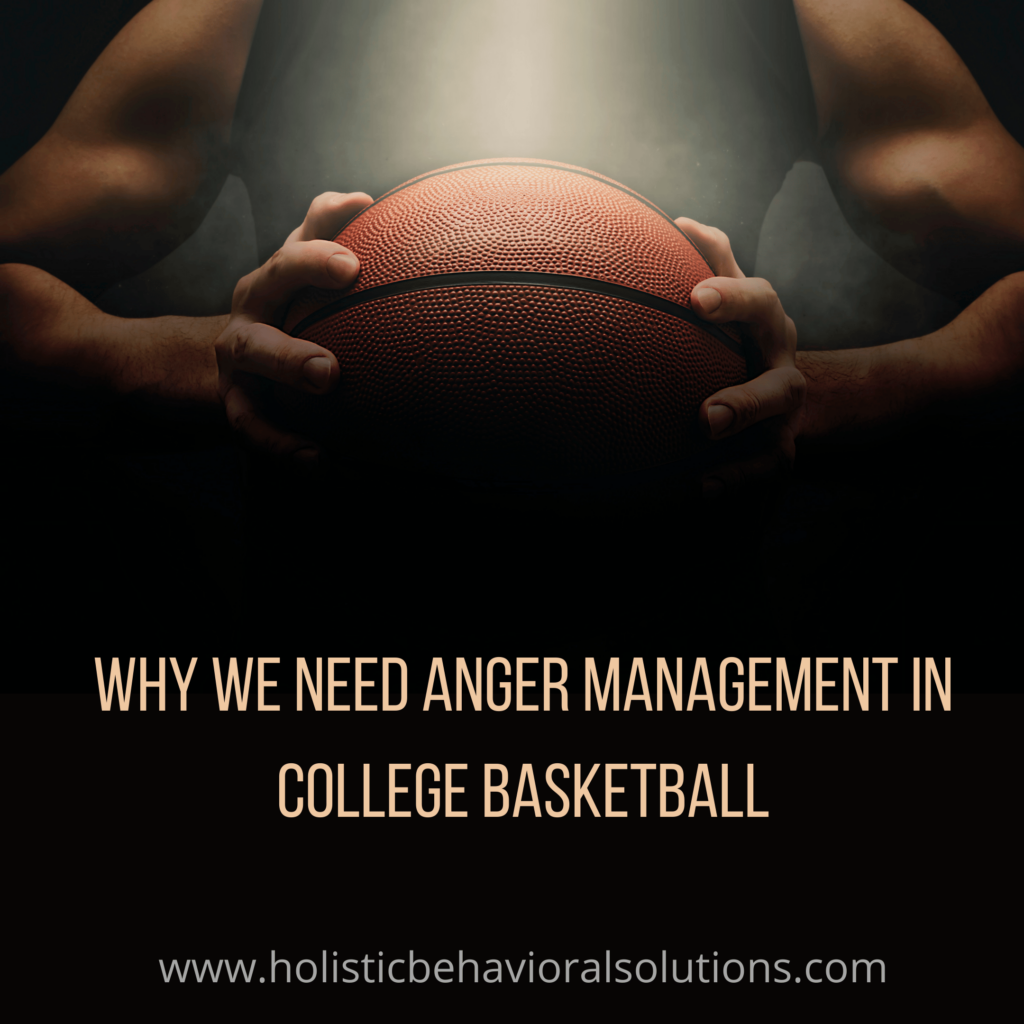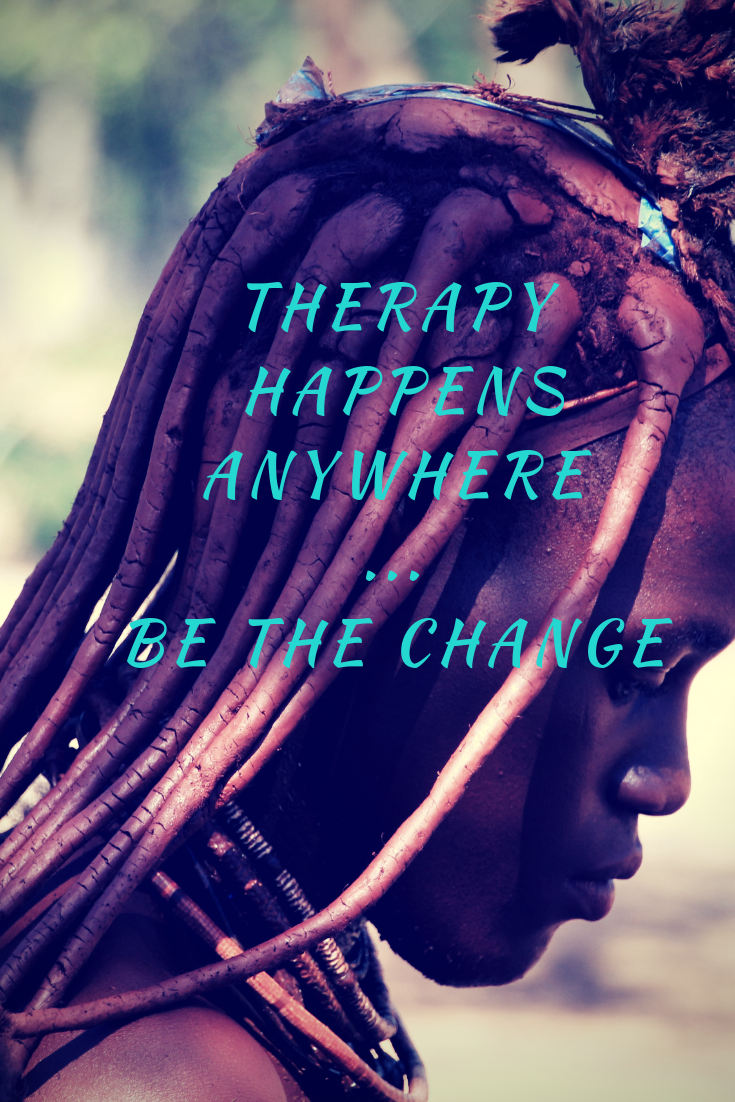
The viral video of former Rutgers men’s basketball coach Mike Rice berating, shoving, and throwing balls at student-athletes sparked national outrage—but it also revealed a deeper issue we can’t ignore: the intersection of anger, power, and unchecked pressure in competitive college sports.
As a therapist and advocate for emotional wellness, watching that footage was painful. I hurt for the athletes, for the university, and even for Mike Rice—someone who likely struggled with his own emotional regulation. And I wondered: How many other stories like this unfold behind closed doors, unrecorded and unspoken?
The Pressure Cooker of College Athletics
College basketball is not just a game. It’s an institution with:
- Intense performance expectations
- National scrutiny
- Multi-million-dollar funding streams
- Careers built on wins, not wellness
That pressure creates an environment ripe for burnout—and for toxic behavior to masquerade as motivation.
For someone struggling with anger, this kind of environment is dangerous. Unchecked emotion becomes normalized. Abuse gets rebranded as “tough coaching.” And the ones who suffer most are the athletes—many of whom are still teenagers.
When Motivation Becomes Abuse
Anger, in itself, isn’t the issue. It’s a normal human emotion. But when it’s unmanaged and used to intimidate, it becomes harmful.
In Mike Rice’s case, what was labeled as “discipline” clearly crossed into verbal and physical aggression. That’s not coaching. That’s abuse.
These athletes weren’t just players—they were young people trusting a system to develop them, not destroy them. And behind every uniform was someone’s child, looking for leadership, not humiliation.
Where Was the Support?
This raises important questions:
- Did Rice know he had an anger management problem?
- Was EAP (Employee Assistance Program) counseling offered or encouraged?
- Did the university intervene early—or only after public outcry?
- Were student-athletes offered trauma-informed support after the fact?
We may never get all the answers. But we can’t ignore the broader truth: many high-stress professions—especially sports—don’t normalize emotional help-seeking.
And that needs to change.
Anger Has No Place in Practice
Great coaching is built on discipline, consistency, and mutual respect—not fear. Anger hijacks the purpose of practice. It corrodes the trust athletes need to take risks, learn, and grow.
What if we taught anger management as a coaching skill?
What if we expected emotional intelligence alongside strategic playbooks?
Maybe we can ask: What if colleges required trauma-informed leadership for all athletic staff?
These are questions worth asking.
The Ripple Effect of Unchecked Anger
The harm didn’t stop with the players on that team. The entire Rutgers community—and college athletics at large—was forced to examine its values. How many other programs tolerate or ignore similar behavior? How many athletes are suffering in silence, afraid to speak up for fear of losing their scholarships or playing time?
As a clinician, I’ve seen the psychological effects of abusive coaching:
- Anxiety and panic attacks
- Post-traumatic stress
- Low self-esteem and identity confusion
- Loss of love for the sport
These are not just “growing pains.” They’re wounds that can last a lifetime.
A Culture Shift Is Possible
This isn’t about vilifying Mike Rice. It’s about learning from what happened and doing better moving forward.
We need:
- Mandatory anger management and trauma-informed leadership training for coaches
- Clear reporting mechanisms for players and staff
- Immediate access to mental health care when incidents occur
- A cultural reset that prioritizes emotional safety over winning at any cost
A Final Reflection: What Legacy Will We Leave?
Aristotle once said, “We are what we repeatedly do. Excellence, then, is not an act, but a habit.”
In college sports, we must ask: What habits are we building? What kind of excellence are we really pursuing? Are we creating systems that produce strong, healthy humans or just athletes who perform at any cost?
Let the Rutgers incident serve not just as a scandal, but as a turning point. A moment to commit to better coaching, safer teams, and a holistic definition of success.
Because our student-athletes deserve more than wins—they deserve to be whole.
Anger Management and The Holistic Store
While we reflect on emotional health in sports, don’t forget your own wellness journey. At The Holistic Store, we offer supplements and tools that support focus, calm, and inner strength—key ingredients in managing high-stress environments.
Visit The Holistic Store to explore our curated wellness line and build your emotional fitness—on and off the court.. Check out our store for products that help you feel your best, making it easier to open up and connect on a deeper level.
PS: Are you a culturally competent licensed clinician passionate about guiding others toward resilience? Our practice is growing, and we’re hiring in New Jersey! Check out our Careers page for current openings and join a team dedicated to fostering impactful, inclusive mental health support.

